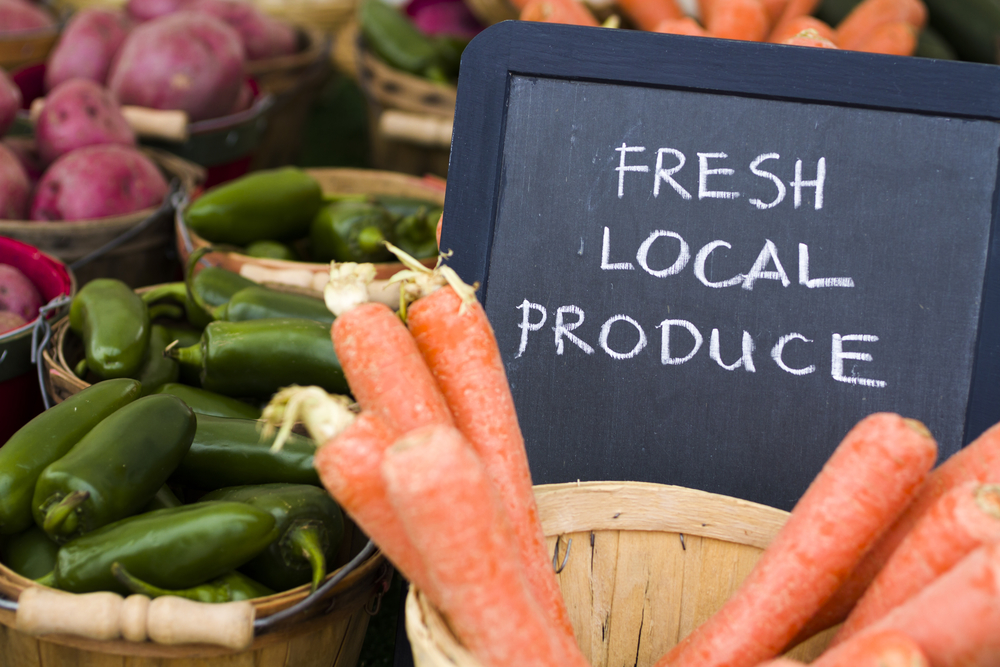In this episode, Moises Velasquez-Manoff discusses the large scale potential of soil absorbing carbon from the air and of parasites cleaning our guts, delighting Russ Roberts (and listeners) with examples of complicated, non-obvious relationships, the seen and the unseen, unintended consequences, and more.
1- Is the opening story illustrating ecological colonization theory one about natural happenings or one of emergent order as human design influences the ecosystem? (Hint: You might want to refer to this EconTalk episode on Emergent Order, especially the clip from 2:04 – 6:20.)
2- What particular groups might find the idea of promoting bovine mob grazing to be unsupportable or undesirable? How might they be persuaded otherwise, and to what extent should this be pursued?
3- Whendee Silver’s research appears to demonstrate potential acceleration of photosynthesis with organic materials (compost) instead of cows, extracting carbon from the air, thus reducing the carbon footprint. What trade-offs not yet mentioned might require consideration?
4- Roberts claims a “lukewarm” stance on global warming. With more than one third of the earth’s ice-free surface devoted to agriculture, two-thirds of which is rangeland for grazing, should Russ be more worried than he is about meeting future global demand for food? Explain.
5- To what extent do you believe “farmers don’t want to change the way they farm” as a plausible reason for eschewing “regenerative agriculture” practices? Should healthy soil initiatives be subsidized? Why or why not?


Comments are closed.